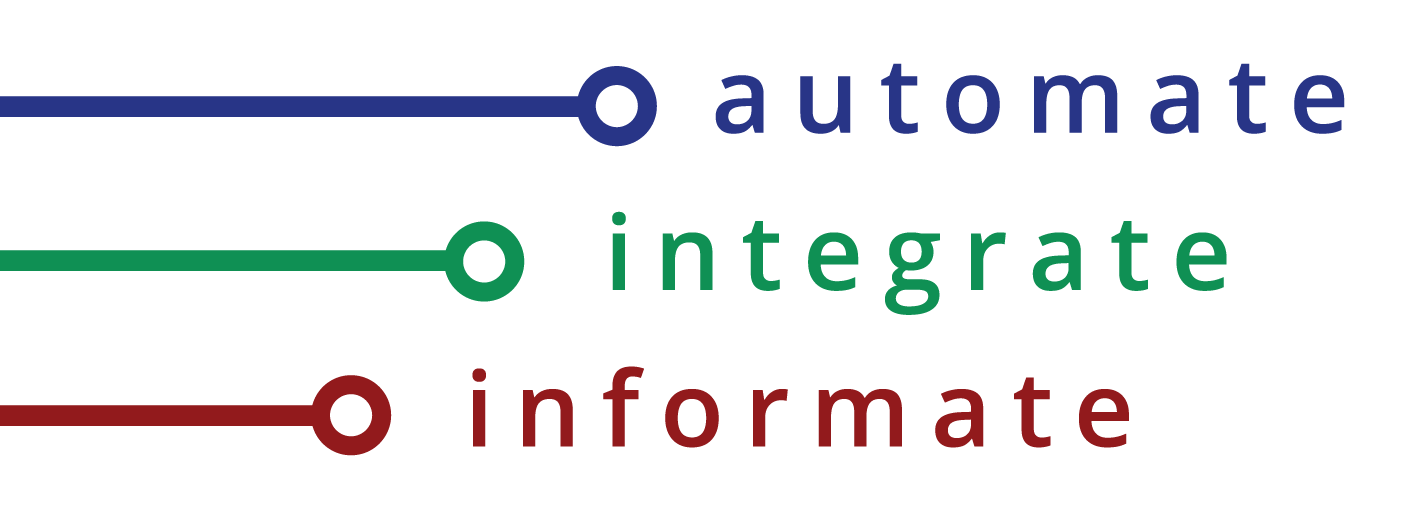With the manufacturing sector under constant pressure to increase efficiency and productivity whilst reducing costs, IIoT has emerged as one potential solution to these challenges. Referring to the interconnectedness of physical devices, such as machines and equipment, through the internet – the Internet of Things (IoT) offers manufacturers a better level of visibility, insight and control that has the potential to revolutionise manufacturing.
IIoT technology includes sensors, actuators, and other devices that can be integrated with industrial equipment to collect data, as well as software and platforms that can be used to analyse and act on the data. This allows for real-time monitoring of equipment performance and usage, as well as predictive maintenance, which can help identify and prevent equipment failures before they occur.

Older-style equipment that has no ethernet connectivity can be retrofitted with gateways and edge devices that can bridge the gap between a machine and the internet and can be used to convert the machine’s proprietary protocols to a standard protocol that can be understood by the internet. IIoT solutions can help manufacturers be more intelligent by providing real-time data and information about their operations. By connecting machines, devices, and sensors to the internet, manufacturers can collect and analyse large amounts of data to gain insights into their processes and identify opportunities for improvement. Below we have highlighted some of the areas in which IIoT solutions help manufacturers be smarter.
Predictive maintenance: By collecting and analysing data from machines and devices, you can more accurately predict when equipment will need maintenance, allowing it to be scheduled in advance. With real-time data readily available, any significant change or degradation in performance can be identified for action, which can reduce downtime and improve the overall lifespan of the equipment. In addition, suppliers can compare your equipment’s health against a larger database and benchmarks.
Process optimisation: By monitoring the performance of equipment or a process and collecting machine data such as usage and performance, manufacturers can identify ways to optimise processes to improve product quality, reduce waste, reduce energy and utilities consumption, and increase productivity.
Quality control: Sensors and cameras can monitor production processes to detect equipment malfunction, product deviation or defects to help ensure products are made to the correct specifications. With real-time monitoring and feedback, an operator can be alerted of the need for intervention to correct the situation. By collecting and reviewing production data, manufacturers can identify patterns and trends that help them to improve quality control.
Inventory management: Using various technologies such as RFID and connecting inventory systems to the internet, it is possible to track raw material consumption and inventory movement. It would also be possible to predict demand patterns and optimise the replenishment of materials to reduce the risk of overstocking or stockout and improve the overall efficiency of the supply chain.
Remote monitoring: IIoT solutions can monitor processes remotely, allowing managers and owners to keep an eye on their operations from anywhere in the world and reduce the need for human intervention. This remote insight can lead to increased efficiency, improved productivity and the potential of machines operating at optimal levels 24/7.
Predictive analytics: Manufacturers can use machine learning algorithms to identify data patterns to predict future performance. This can help to plan for future demand and optimise processes accordingly. They get quality feedback on the usage and performance of their products—something they have been missing for years.
IIoT is helping to drive the development of Industry 4.0 and changing the industrial landscape with new opportunities for innovation. Through the collection and analysis of data in real-time, organisations can identify new opportunities for growth and expansion. Additionally, IIoT is helping to drive the development and integration of advanced technologies, such as artificial intelligence (AI), machine learning robotics and automation, into industrial processes, leading to improved operations and new products and services.
A significant breakthrough that IIoT offers manufacturing is real-time data on any aspect of an operation, from equipment used and materials consumed to the production process and the final product, all in real-time. With access to accurate, real-time data, manufacturers can make better-informed decisions for greater efficiency, effectiveness, and future demands.
If you are not already making the most of IIoT technology and the opportunities it presents, you need to ask why not. What opportunities are you missing? What savings are you throwing away? What price are you paying for doing things the same old way?
If you would like to understand more about how IIoT can offer improvements to your business, please contact Mescon. We would be more than happy to start the discussion.


